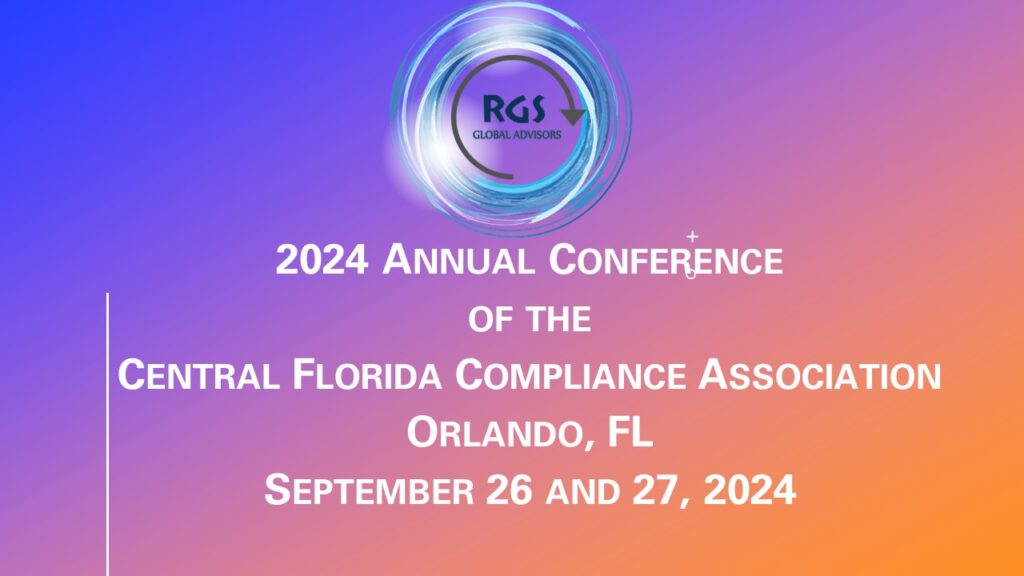In terms of the Bank Secrecy Act (BSA), Financial Institutions (FIs) regularly file Suspicious Activity Reports (SARs) and Currency Transaction Reports (CTRs) with FinCEN[1] as well as provide information under the 314(a) requests received through FinCEN. The FIs also share crucial information amongst themselves under the safe harbor provision of section314(b) of USA PATRIOT Act. Various information and reporting requirements, to varying degrees, are in place in many other jurisdictions across the globe as part of the Anti-Money Laundering (AML) Program requirements for the FIs operating in these jurisdictions.
While the FIs generally do a good job of filing these reports, the BSA/AML professionals, and the Executives of FIs often question the significance and utility of these reports. FinCEN and Law Enforcement have been emphasizing the role that the FIs play through their BSA reporting in criminal cases, underscoring the importance of a successful partnership between financial institutions and law enforcement agencies.
We have faced similar questions during many of our training sessions held for different clientele at various FIs – Board of Directors, Management, Staff and Compliance professionals. While we address these, including through specific case studies where possible, to demonstrate the use of these reports in aiding and furthering criminal investigations and successful prosecutions. There are numerous instances where BSA Reports provided proved invaluable in prosecutions, including for money laundering, drug trafficking, frauds, cybercrimes, and complex Trade Based Money Laundering (TBMP) schemes operated by criminals.
FinCEN publicly recognizes the Law Enforcement Agencies that made effective use of these BSA Reports to successfully pursue and prosecute criminals. Latest such recognition from FinCEN was made public on May 19, 2020[2]. The investigations that were recognized indicate some examples of the significant role of BSA reporting in keeping our country strong, our financial system secure, and our families safe from harm. These reports also prove valuable in investigations involving complex trade-based money laundering (TBMP) schemes. Some of the significant instances listed by FinCEN in its latest recognition include,
- New York State Police (NYSP) investigation into information from a New York bank regarding the use of counterfeit checks by an individual for loan closing. Analysis by NYSP of the BSA Reports filed by various FIs led to discovery of another co-conspirator involved in a complex trail of cash transactions, personal loans, mortgage loans, lines of credit, construction loans, cashier’s checks, credit cards, and Automated Clearing House (ACH) transactions used in a series of fraudulent real estate transactions. Both individuals were indicted on 19 fraud, larceny, money laundering, and criminal possession charges; both were convicted at trial and received prison sentences.
- An investigation by the Internal Revenue Service-Criminal Investigation (IRS-CI) and the Drug Enforcement Administration (DEA) focusing on a transnational money laundering organization operating in the United States and Mexico through a complex trade-based money laundering (TBML) scheme. This investigation received crucial help from BSA Reports filed by FIs and resulted in identification of bank accounts and criminal violations by multiple individuals and money laundering of $2.8 million. All defendants were successfully prosecuted and convicted of various money laundering and conspiracy charges; $2.5 million was seized and restitution of about $0.9 million was ordered after trial.
- A case involving dark web operations and narcotics sale investigated by the Immigration and Customs Enforcement-Homeland Security Investigations (ICE-HSI), United States Postal Inspection Service, and United States Secret Service received crucial information from BSA Reports that resulted in identification of the parties and information necessary to subpoena a well-known cryptocurrency exchanger. Investigative results identified dark web vendors sending illicitly earned bitcoin with a physical receiving address via an encrypted email to conduct this cash-out scheme using cash-out vendors. Analysis of BSA dada filed by various FIs, including virtual currency exchangers, resulted in de-anonymization of over 80 additional dark web vendors selling illicit items, identification and arrest of 42 individuals, seizure of $22 million in various digital currencies, $3.5 million in cash, 120 firearms, 15 pill press machines, and a wide range of controlled substances.
There are many other instances, including Federal Bureau of Investigation (FBI) investigations involving loan modification frauds, and use of Hong Kong based shell company by North Korean bank to access US financial system.
The above instances clearly demonstrate the immense value and use of information provided by the FIs through the BSA reporting process. The accuracy, timeliness, and inclusion of all pertinent information in the reports is vital to the continued success of the Bank Secrecy Act. The authority of the BSA Officer should continue to be utilized for ensuring timely review and analysis of activities and information for required reporting under the Bank Secrecy Act.
RGS Global Advisors is a leading provider of BSA/AML/OFAC Compliance and Internal Audit services to Community Banks and Foreign Banking Organizations.
For further guidance or assistance contact us at: info@RGSGlobalAdvisors.com
[1] Financial Crimes Enforcement Network (FinCEN) is the bureau that exercises regulatory functions primarily under the Currency and Financial Transactions Reporting Act of 1970, as amended by Title III of the USA PATRIOT Act of 2001 and other legislation, which legislative framework is commonly referred to as the “Bank Secrecy Act” (BSA).
[2] https://www.fincen.gov/news/news-releases/fincen-recognizes-law-enforcement-cases-significantly-impacted-bank-secrecy-act



